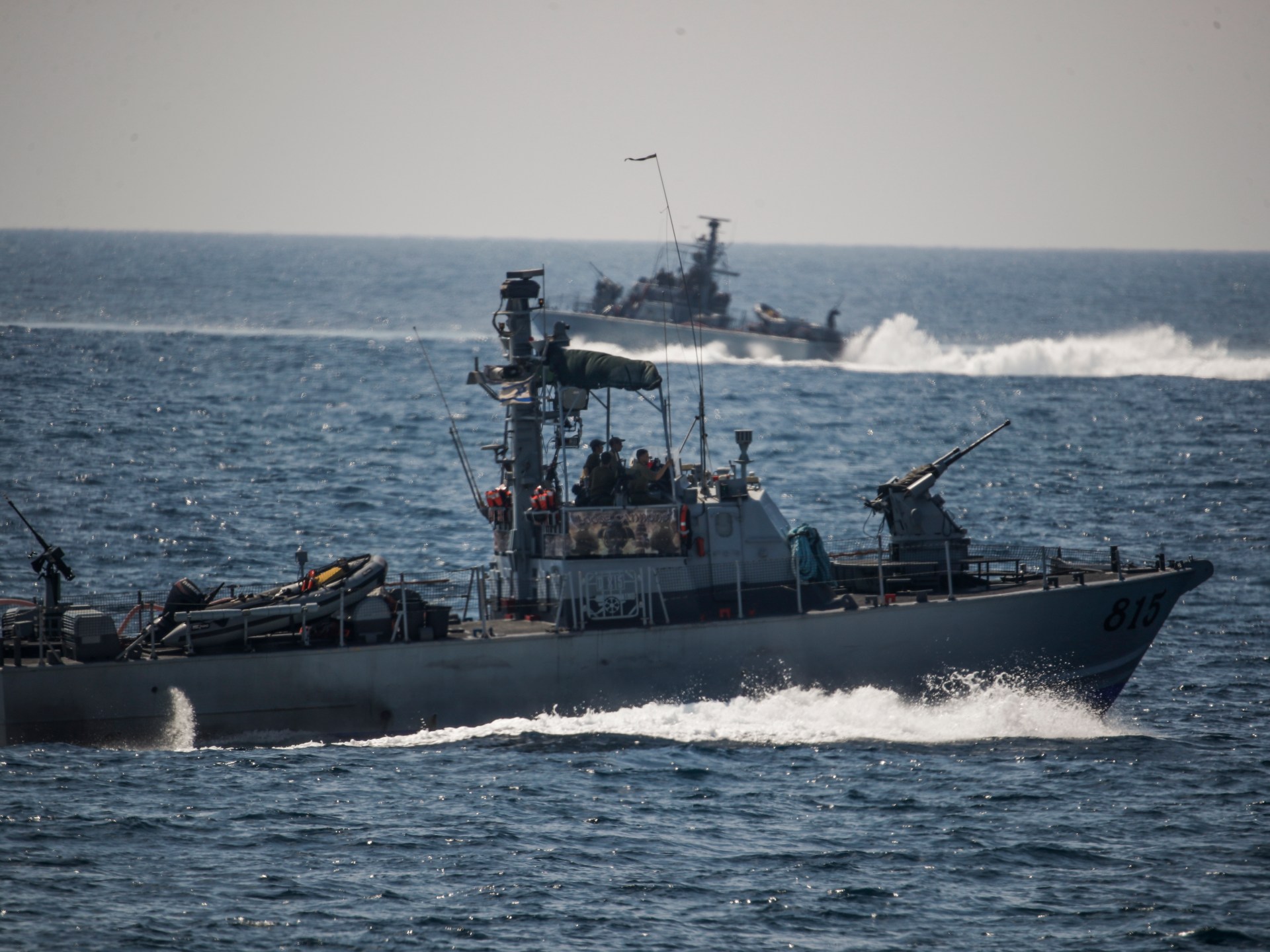The Israeli Broadcasting Corporation said that the American mediator in the negotiations to demarcate the maritime borders between Israel and Lebanon, Amos Hochstein, will return to the region next week, while Tel Aviv has vowed to war against Hezbollah if it launches any attack on the Karish field.
There was no official announcement from the United States of America, Israel or Lebanon regarding the return of the American mediator.
"The American mediator, Amos Hochstein, will return to the region next week to hold another shuttle tour between Israel and Lebanon regarding the demarcation of the maritime borders," the broadcaster said, quoting unnamed Israeli sources.
She added, "According to the agreement that is taking shape, Israel will give up a certain maritime area deep in the sea, and in return Lebanon will give up a certain maritime area close to the coastal strip."
The broadcaster also quoted the sources as saying that "Israel will start pumping natural gas from the Karish platform at the end of next September."
The Lebanese Hezbollah had threatened to attack Israeli targets in the event of the start of pumping gas.
Israeli warning
Earlier, on Monday, a senior Lebanese political source denied that Beirut had been informed of "any position" regarding an upcoming agreement to demarcate the maritime borders with Israel.
This came in a statement to Anatolia, commenting on what was reported by the private Israeli TV channel 12, on Sunday, about a prospective agreement to demarcate the border between Lebanon and Israel, which includes an Israeli concession of a section inside the sea in exchange for a Lebanese concession of an area closer to the shore.
The political source said, preferring not to be identified, that "Lebanon has not been informed of any position regarding this issue so far."
For his part, Israeli Defense Minister Benny Gantz warned Hezbollah on Monday that any attack on the Karish offshore gas field could lead to war.
Gantz said Monday that gas extraction operations will begin "when (the field) is ready for production," stressing that the Karish field is located within Israel's territorial waters.
The Defense Minister told 103 FM radio that "Israel is ready to protect its capabilities and reach an agreement with the Lebanese government, with American mediation, regarding Sidon, another gas field known in Lebanon as the "Qana field."
"I think there will be two gas fields in the future, one from our side and the other from their side (Lebanon)," he added.
And Gantz expressed his hope that "we won't have to have another round of confrontations before then."
In response to a question about the possibility of war if Hezbollah launched an attack on an Israeli gas field, Gantz replied, "Yes, that could lead to a reaction."
The minister stressed that this could lead to "several days of fighting and a military campaign. We are strong and ready for this scenario, but we do not want that."
On July 2, Israel said it had intercepted 3 drones belonging to the Lebanese Hezbollah, which were heading to the area of gas fields in the Mediterranean.
Lebanon and Israel are quarreling over a marine area rich in oil and gas in the Mediterranean, with an area of 860 square kilometers, according to maps deposited by both parties to the United Nations, and the United States is mediating indirect negotiations to settle the dispute and delineate the maritime borders between them.
“Indirect” negotiations were launched between Beirut and Tel Aviv in October 2020, under the auspices of the United Nations, with the aim of demarcating the borders between the two sides. Five rounds of negotiations were held, the last of which was in May 2021.

